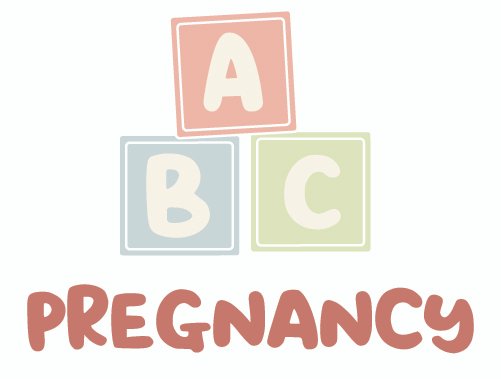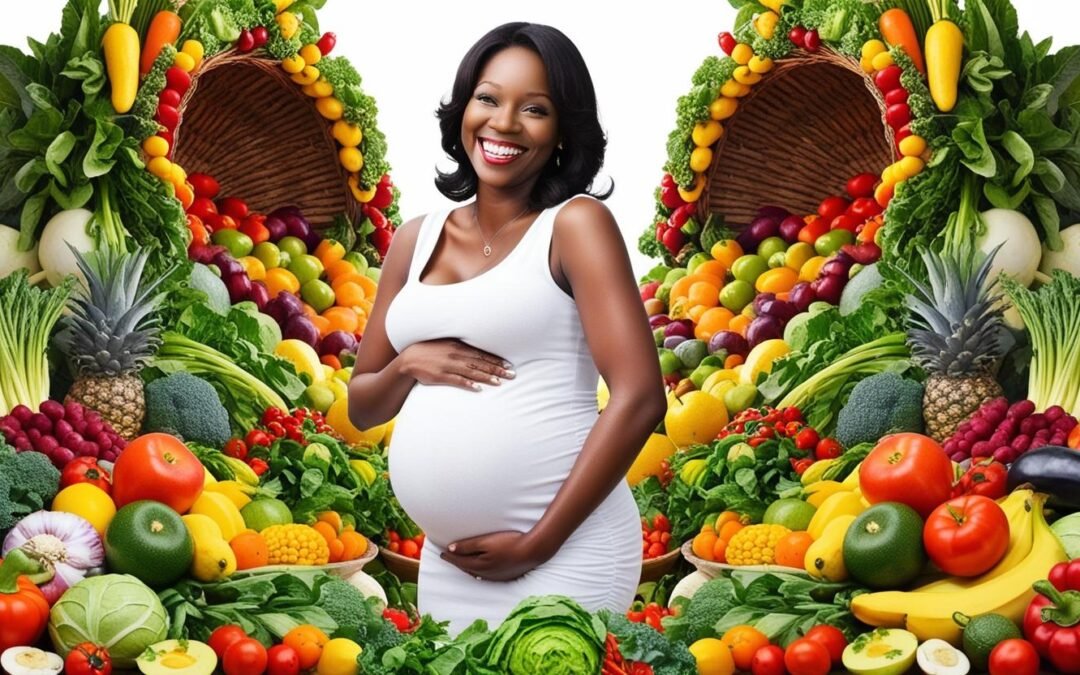Keeping Your Plate Full and Your Body Happy
This is not medical advice. Please consult a physician about any of your pregnancy questions and concerns.
So, you’ve decided to go vegan or vegetarian. Maybe you watched a documentary and now you’re pretty sure that cows are your spirit animals. Or maybe you just decided that eating more plants is a good way to feel healthier and have a long, happy life. Whatever your reason, congratulations! You’re joining a growing group of people who are all about plant-powered goodness. But there’s one small thing you need to know: it’s not all just kale smoothies and avocado toast (though those are delicious).
No worries, though. We’re here to help you navigate your new plant-based lifestyle with a side of humor. From protein-packed chickpeas to sneaky B12 supplements, we’ve got the tips you need to make sure you stay healthy while avoiding the pitfalls of “I’m not sure if I’m doing this right.” Ready? Let’s dive in!
Tip #1: Protein—It’s Not Just for Meatheads
Let’s start with the big one: protein. This is the question every vegan and vegetarian gets: “But where do you get your protein from?” And here’s the thing—protein is everywhere! Seriously, it’s not just in steak and chicken. Your body needs protein to build muscles, hair, and even your toenails (gross, but true).
For vegetarians, the protein game is pretty easy since you can still eat eggs and dairy. But if you’re vegan, you’ll need to get creative with plant-based options. Here’s the scoop:
- Legumes: Think beans, lentils, and peas. They’re cheap, versatile, and pack a serious protein punch. You can throw them in soups, salads, or make a killer bean dip that everyone at the party will love (and secretly be jealous of).
- Tofu and Tempeh: Tofu might get a bad rap, but if you’re cooking it right, it’s a flavor sponge. It’ll soak up whatever spices you throw at it. Tempeh is tofu’s cooler, crunchier cousin, and it’s packed with protein too.
- Nuts and Seeds: Almonds, cashews, chia seeds, and pumpkin seeds—these are your snack time heroes. Throw some in a smoothie, sprinkle them on your salad, or just eat them by the handful when you’re feeling snacky.
- Whole Grains: Quinoa, oats, brown rice—they’re all packed with protein, and they’re the backbone of many great meals.
Remember: protein is your friend, and you’re going to be besties with these plant-based foods. Just be sure to eat a variety of them throughout the day to get all the amino acids your body needs. You don’t have to be a bodybuilder to understand that!
Tip #2: Vitamin B12—The Vitamin That’s “Not on the Menu”
Alright, now let’s talk about Vitamin B12. This is a biggie for vegans, because B12 is not found in plant foods. Nope, you won’t find it in kale or quinoa, and if you’re hoping to get it from avocados, well, sorry, it’s not happening. B12 is super important because it helps your nerves function and keeps your blood cells nice and healthy. It also keeps you from feeling super tired and foggy-brained.
But don’t panic—getting B12 is totally doable! Here’s how:
- Fortified foods: Some plant-based milks, breakfast cereals, and nutritional yeast are fortified with B12. So, next time you’re shopping, check the labels!
- Supplements: Sometimes the easiest way to get your B12 is through a supplement. There are B12 gummies, tablets, and sprays. Choose your weapon!
If you’re vegan, B12 should be part of your daily routine, so make sure you’re getting it somehow. Trust us, you don’t want to get caught without it—B12 is like that one friend who always shows up with snacks and good vibes.
Tip #3: Iron—Not Just for Making Strong Muscles (But It Helps)
Iron is another nutrient that can be tricky for vegans and vegetarians, but don’t worry! You’ve got options. Iron is essential because it helps carry oxygen through your blood. Without enough iron, you might feel tired, weak, or like you just ran a marathon… even though you’ve been sitting on the couch all day.
If you’re not eating meat, you’ll want to make sure you’re getting enough non-heme iron, which is the plant-based form of iron. The cool part? It’s found in tons of foods! You just need to pair it with a little vitamin C to help your body absorb it. Here’s where to find it:
- Leafy Greens: Spinach, kale, and Swiss chard are packed with iron. So, if you’re already into greens (or want to fake it), keep those salads coming.
- Legumes: Beans, lentils, and chickpeas are full of iron and are basically your best friends when it comes to getting those essential minerals.
- Tofu and Tempeh: These soy-based products are like little iron factories. Add them to stir-fries, soups, or even scramble them like eggs.
- Nuts and Seeds: Pumpkin seeds, sunflower seeds, and almonds are also great sources of iron.
Don’t forget to pair your iron-rich foods with something high in vitamin C, like bell peppers, strawberries, or oranges. It’s like making an Iron Man smoothie—minus the actual armor, but still pretty awesome.
Tip #4: Calcium—Keep Those Bones Strong!
So, calcium. It’s the mineral that helps keep your bones and teeth strong—basically, it’s your body’s construction material. If you’ve cut out dairy, don’t worry; there are plenty of plant-based sources of calcium to keep you feeling like a superhero (without the need for milk).
Here’s where you’ll find calcium:
- Fortified Plant Milks: Almond, soy, and oat milk are often fortified with calcium. Check the labels for the good stuff!
- Leafy Greens: Once again, your trusty spinach, collard greens, and bok choy are here to save the day with their calcium content.
- Tofu: Some types of tofu are made with calcium sulfate, which means they’re full of this bone-strengthening nutrient.
- Almonds: These little guys aren’t just great for protein—they’ve also got calcium. Snack away!
You don’t need to chug milk to get calcium—your plant-based diet has got you covered.
Tip #5: Omega-3 Fatty Acids—For Your Brain and Your Heart
If you’re thinking, “Wait, didn’t I hear omega-3s are good for my brain?”—you’re right! Omega-3 fatty acids are essential fats that play a key role in brain function and heart health. But, much like B12, omega-3s are a bit elusive in the plant-based world. Luckily, there are some great plant sources of these healthy fats.
Here’s how to get your omega-3 fix:
- Chia Seeds: These tiny seeds are full of omega-3s and can be added to smoothies, oatmeal, or made into chia pudding.
- Flaxseeds: Grind them up and throw them in your cereal or yogurt. Flaxseeds are packed with omega-3s and fiber—two birds, one stone.
- Walnuts: A handful of walnuts is a great way to boost your omega-3 intake while also munching on a delicious snack.
- Hemp Seeds: These are another great option to add to smoothies, salads, or baked goods for a little omega-3 love.
If you want to really go the extra mile, you can even try algae oil supplements, which contain DHA and EPA, the omega-3s found in fish. So, no need to miss out on brain power and heart health just because you’re plant-based!
Tip #6: Vitamin D—The “Sunshine Vitamin”
Vitamin D is important for bone health, immune function, and keeping you feeling all-around awesome. The problem is, it’s tough to get enough vitamin D from food alone—unless you’re drinking a lot of fortified foods or eating a ton of mushrooms. (And who can blame you if you’re not, right?)
Luckily, your body can produce vitamin D when exposed to sunlight. So, if you’re stuck inside all day watching Netflix (no judgment), you might want to step outside for a bit of sun. Don’t worry about turning into a tomato—just 10-15 minutes of sun exposure a few times a week can help your body produce enough vitamin D.
And if you’re not getting enough from the sun? There are fortified foods, like plant milks and some cereals, that can give you a boost. You can also look into supplements if you’re worried.
Tip #7: Hydration—Don’t Forget the Water!
Last but definitely not least—water. Staying hydrated is key to feeling good, keeping your skin glowing, and helping your body function properly. Even though you’re eating plant-based foods, they still need water to help with digestion and nutrient absorption. So drink up!
Aim for about 8 cups of water a day, and maybe more if you’re super active. You can also hydrate with herbal teas, coconut water, or even water-rich fruits and vegetables like cucumbers and watermelon. Don’t wait until you’re parched to drink; take a sip throughout the day.
Final Thoughts: You’ve Got This!
Going vegan or vegetarian doesn’t mean you have to sacrifice flavor, variety, or nutrition. In fact, with a little planning and some good food choices, you can have a balanced, delicious, and nutrient-packed diet. From protein-packed chickpeas to omega-3-rich chia seeds, the world of plant-based eating is full of possibilities.
So, embrace your new lifestyle, enjoy discovering new foods, and remember: your body is a temple (or maybe more like a plant-powered fortress). Keep those plates colorful, your nutrients on point, and your sense of humor intact. You’ve got this!

